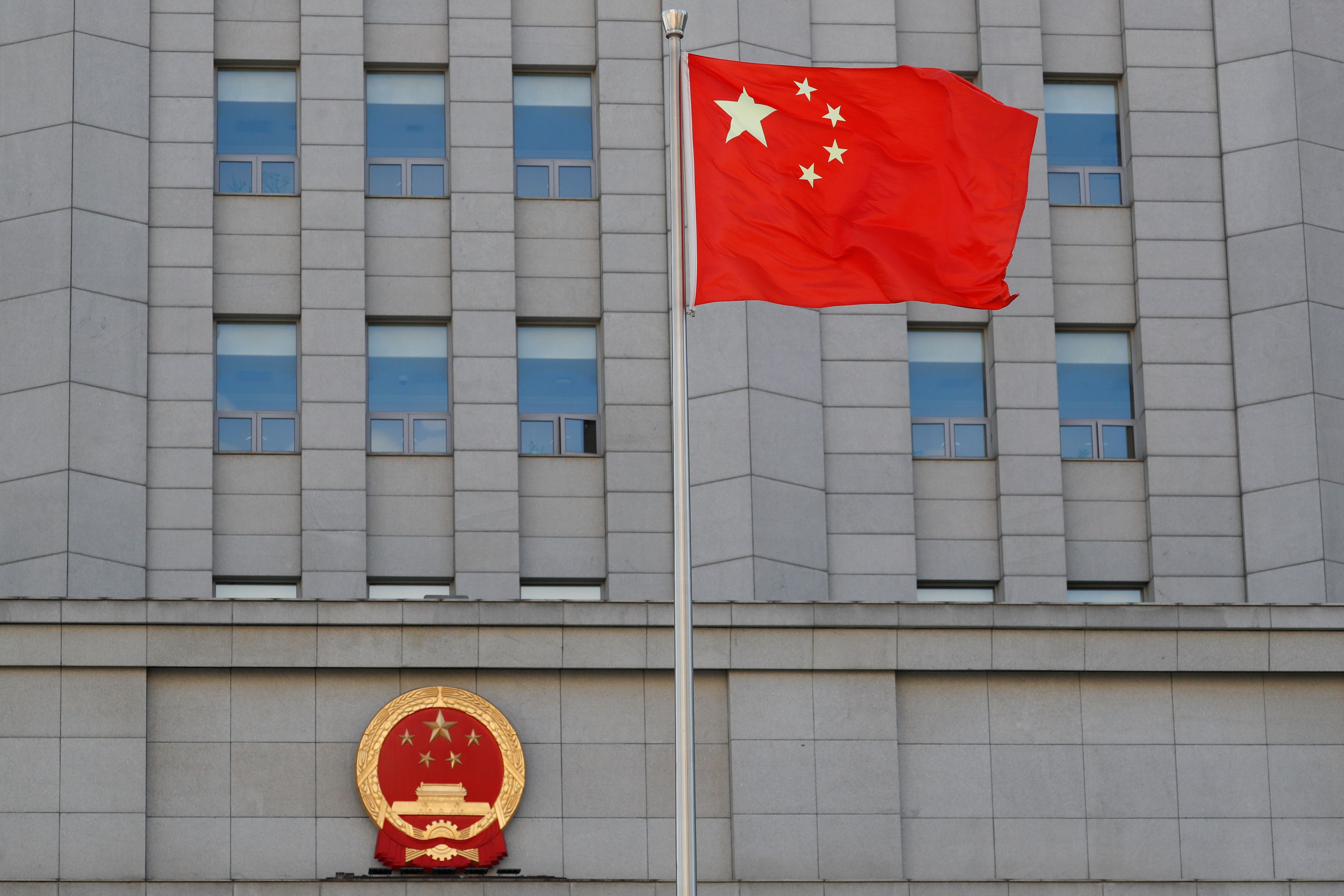“17+1” Summit: The Crisis in China-Central Europe Cooperation

What were the circumstances of the summit?
China had reported a virtual meeting would be held at the beginning of this year, after having to cancel the 2020 summit because of the COVID-19 pandemic. This timing anticipated possible actions by the new U.S. administration towards Central Europe and intended to show “17+1” support for the conclusion of the negotiations of the EU-China Comprehensive Investment Agreement (CAI). The participation of Xi Jinping for the first time in the history of the initiative’s summits was to emphasise the importance of Central Europe to China. Most of the “17+1” participants, however, were reluctant to join the meeting at the same level, convinced by the lack of results of the initiative and discouraged by China’s aggressive rhetoric and actions in recent months towards Central European states, for example, disputes with Czechia. Some participants (e.g., Lithuania) refused to attend the meeting altogether if the presidential level was necessary. China delayed confirmation of the summit, hoping to change the decisions of the representations. It also wanted to encourage other countries to participate, for example, by signing declarations to increase food imports from Poland or Slovakia just before the meeting.
What happened during the summit?
European states were represented at the lowest level of all the “17+1” summits since its inception (as many as six countries limited participation to ministers). Although the reluctance of some countries (including Poland) to include in the post-meeting “Guidelines” the Chinese vision of international relations (e.g., “community of shared future for mankind”) is not new, this time the “Guidelines” were ultimately not adopted—a first in the history of the initiative. Instead, only the “2021 China-CEEC Cooperation Beijing Activity Plan” was approved, which contains mainly a list of “17+1” events planned for this year. Objections by the Baltic states, Poland, and others also forced China to cancel an invitation to Alexander Lukashenka (Belarus has observer status in the “17+1”). In his statement, Xi emphasised China’s will for further cooperation within the initiative, among others in the field of health (e.g., vaccine supplies), environmental protection, digitalisation, e-commerce, as well as tourism and sport. China also declared that it would double the value of imports from CEE countries within five years.
What is the impact of the U.S. and the EU on the “17+1”?
The Chinese side states that the U.S. is behind the crisis within the “17+1”, but this argument only serves to justify the failure of Chinese policy within the initiative and during the summit. The U.S had no specific “17+1” policy during the presidency of Donald Trump. The priorities of the new Biden administration towards Central Europe were expressed as open support by the U.S. Secretary of State to the V4 summit, also held on 9 February. The EU is an observer in the “17+1” framework, but European topics appeared at the meeting mainly in Xi’s speech, in which he emphasised the importance of the CAI for the region’s relations with China, among other issues. The ratification of the agreement is a priority for China, and relations within the “17+1” framework will be shaped in order not to harm it.
What does the future of the “17+1” and Poland’s membership in the initiative look like?
The summit confirmed that there is no multilateral cooperation under the initiative and that the “17+1” in this dimension is mainly important for China in terms of image and communication. This tendency will lead to the consolidation of China’s efforts towards bilateral cooperation with selected partners, for now mainly Hungary and Serbia, which see the development of relations with China as an opportunity to diversify their foreign and economic policy. The lack of significant effects of cooperation in the “17+1” so far, mainly economic, means that for many members of the initiative, Xi’s declarations during the summit about, among others, increasing imports from Central Europe are unreliable and perceived primarily as in pursuit of China’s interests. Therefore, the presence of Poland in the “17+1” is questionable, especially in the context of its focus on transatlantic cooperation and the “systemic rivalry” between the EU and China.


